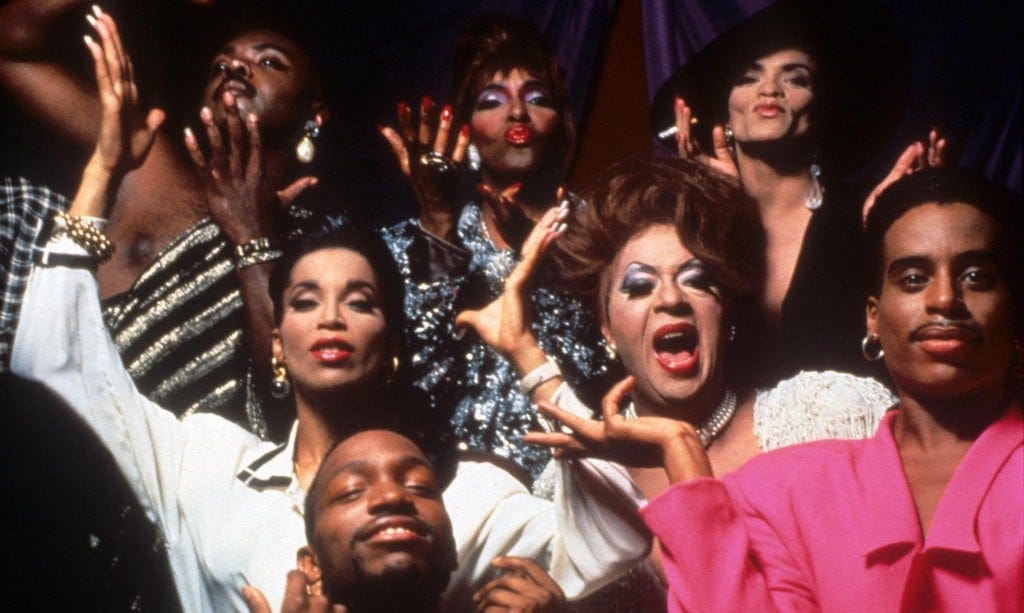Paris is Burning Among 34 Nonfiction Films Added to the National Film Registry
The 2016 Library of Congress doc picks and where to see them.

Each year, the Library of Congress selects 25 American films to add to the National Film Registry, and today we received announcement of the 2016 entries. Seemingly there are fewer nonfiction works among this year’s choices than is preferred (last year there were eight), but one of the six ite…
Keep reading with a 7-day free trial
Subscribe to Nonfics to keep reading this post and get 7 days of free access to the full post archives.



